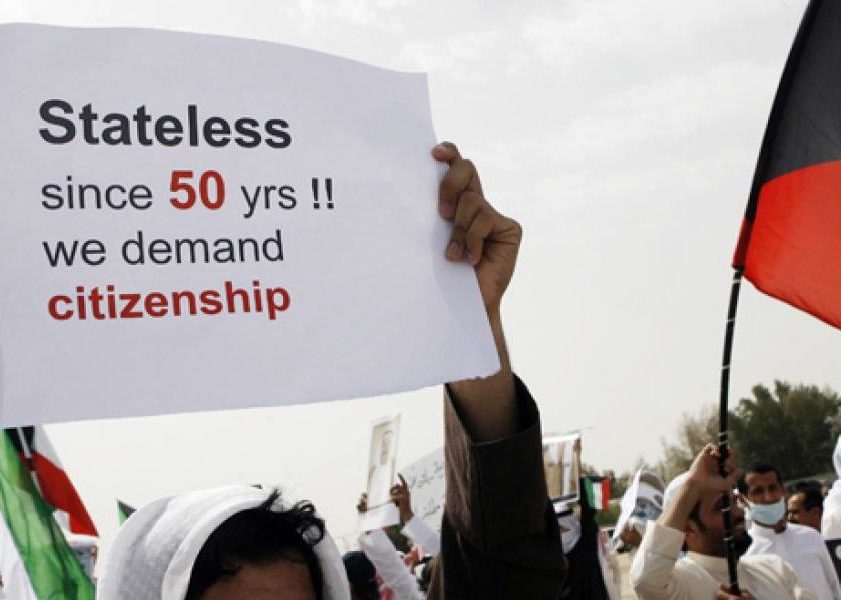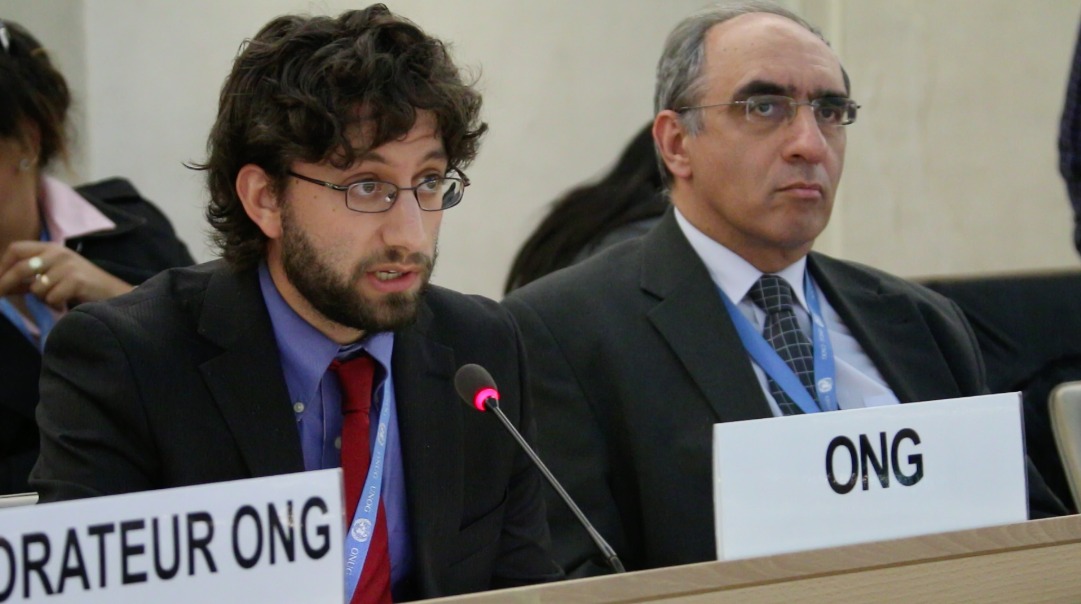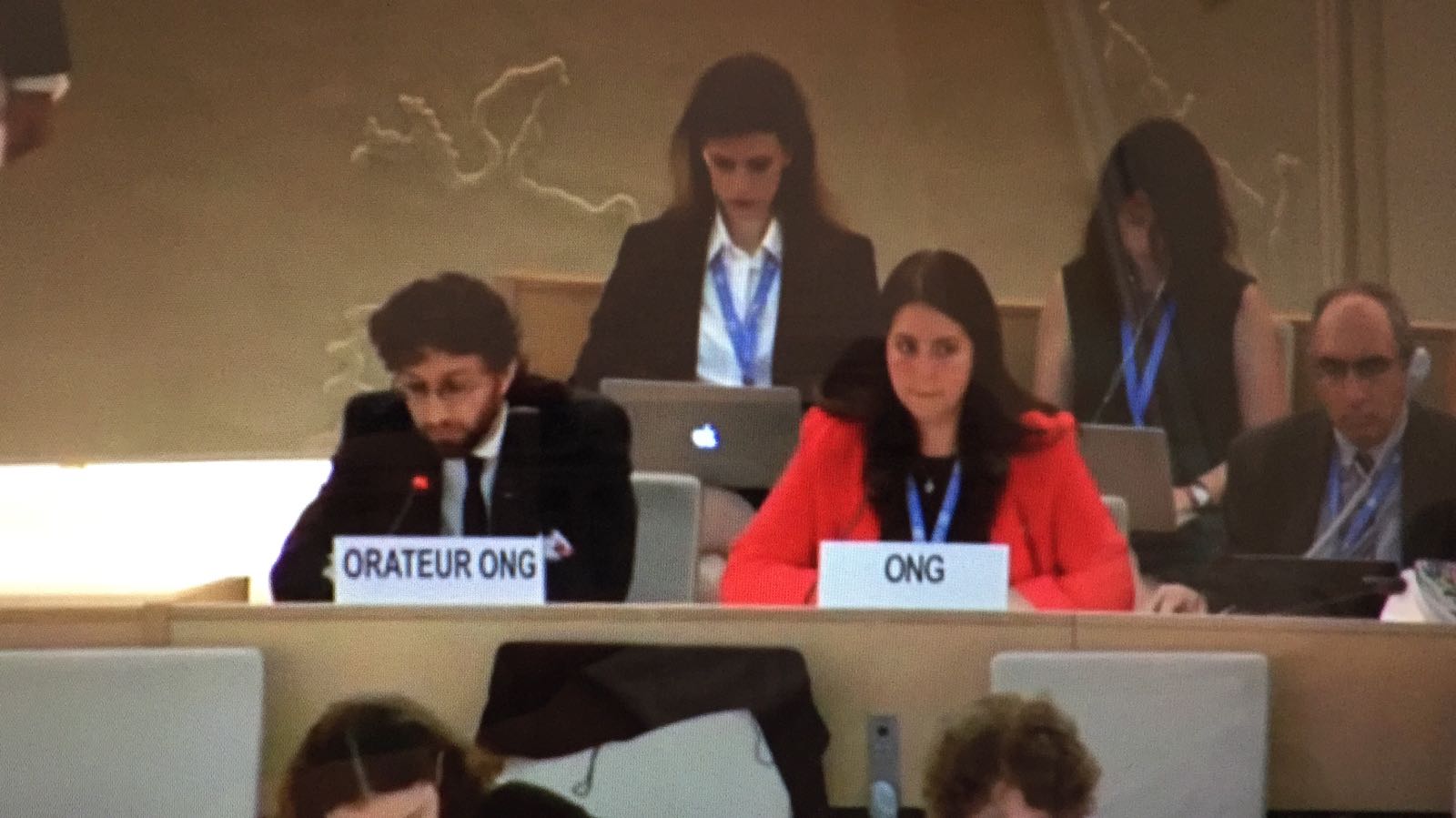With the diplomatic crisis embroiling the Gulf Cooperation Council (GCC) states, Saudi– and United Arab Emirates (UAE)-backed institutions have accused the Qatari government of arbitrarily revoking the citizenship of 55 members of the Al Morah (al-Murrah) tribe, including its leader, Sheikh Talib bin Mohammed bin Lahoum bin Shraim. Though it is as yet unclear if[…]
On 25 September, at the 36th session of the Human Rights Council, Tyler Pry, an Advocacy Associate at ADHRB, delivered a joint oral intervention under the Item 8 General Debate on behalf of ADHRB and the European-Saudi Organisation for Human Rights (ESOHR). In his intervention, Pry highlighted the recent arrests of over 40 individuals by[…]
With the approval of a new permanent residency law, Qatar may be set to become the first Arab Gulf country to significantly reform the legal status of its expatriate population. The new legislation will reportedly allow foreign workers to obtain a permanent residency card which comes with several benefits. Cardholders will have full access to[…]
29 June 2017 – On Monday 26 June, Chairman of the United States (US) Senate Foreign Relations Committee Senator Bob Corker (R-TN) sent a letter to Secretary of State Rex Tillerson announcing he will provide no further clearances on arms sales to the Gulf Cooperation Council (GCC) states until the ongoing Qatar crisis is resolved.[…]
On 19 June 2017, ADHRB’s Advocacy Associate delivered an intervention on behalf of ADHRB during the Item 6 debate during the 35th session of the Human Rights Council. In his intervention, Pry raised concerns over Bahrain’s failure to implement its past UPR recommendations, including concerning freedom of expression, freedom of assembly, and the death penalty.[…]









